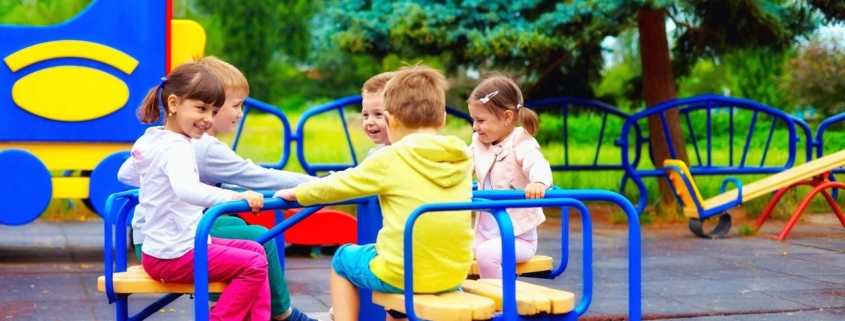An excerpt from an essay in The Sun Magazine (I love this magazine with all my heart): “Looking back, I don’t know how I got through the anxiety and shame of early recovery. Sometimes the pain was so great it felt physical, and I sat twisting and moaning as if cloven feet were stamping through the chambers of my heart. But as the tiny pieces of my detonated life slowly drifted back to earth, I began working as a home-health aide, helping the elderly and caring for kids on occasion. A peaceful, sane existence began to take shape. The only problem was, I could no longer write. Somehow in sobriety I just didn’t have the juice to pump out pages and judge them as good or bad. Forced to acknowledge that I was a failure as a writer, I learned to live with my dashed dreams. That’s when it occurred to me that I didn’t have to write to prove to the world that I was a worthwhile human being or that all my pain and turmoil had a purpose. I wasn’t special – or, no more so that anyone else. It was time, finally, to grow up.” -Sybil Smith
I like these last lines very much. They feel wise and earned in a very real way. I have also thought that if I publish a book or attain some worldly success that all the “pain and turmoil” will then finally make sense, will, as Smith writes, have a purpose. But it seems that when we let go of the need to transform pain and turmoil into something that looks good from the outside, then the real healing and work can begin. I checked out Sybil Smith’s author website and saw that she in fact has numerous publications, and so it seems that by releasing her desire to prove something she did in fact reach her initial goals. I imagine in that “peaceful, sane existence” she discovered in life after addiction, that her work became deeper, more authentic and carefree (maybe she stopped caring so much about what other people thought) and that that shift, that “growing up,” enabled her to enjoy the success she had been chasing in her earlier life. I never liked the term “grow up,” because it tends to connote judgment, as in “grow up, already.” Maybe that’s because I did not want to grow up myself, to take on the responsibilities of adult life. As a child, I was acutely in tune to my parents’ pain and turmoil. Growing up did not seem fun.
J.M. Barrie, the author of Peter Pan, certainly did not value the idea of growing up. His preoccupation with youth stemmed, it seems, from a very sad, tragic past, and he did not seem to have the ability to “grow up” due to deep childhood wounds (and, interestingly, did not physically grow past the height of a child). I am realizing that we are privileged if we get to “grow up,” to experience (or earn) the sweetness of a “peaceful, sane existence.” Pixie dust is pretty and all but, in the end, it’s just an illusion.



